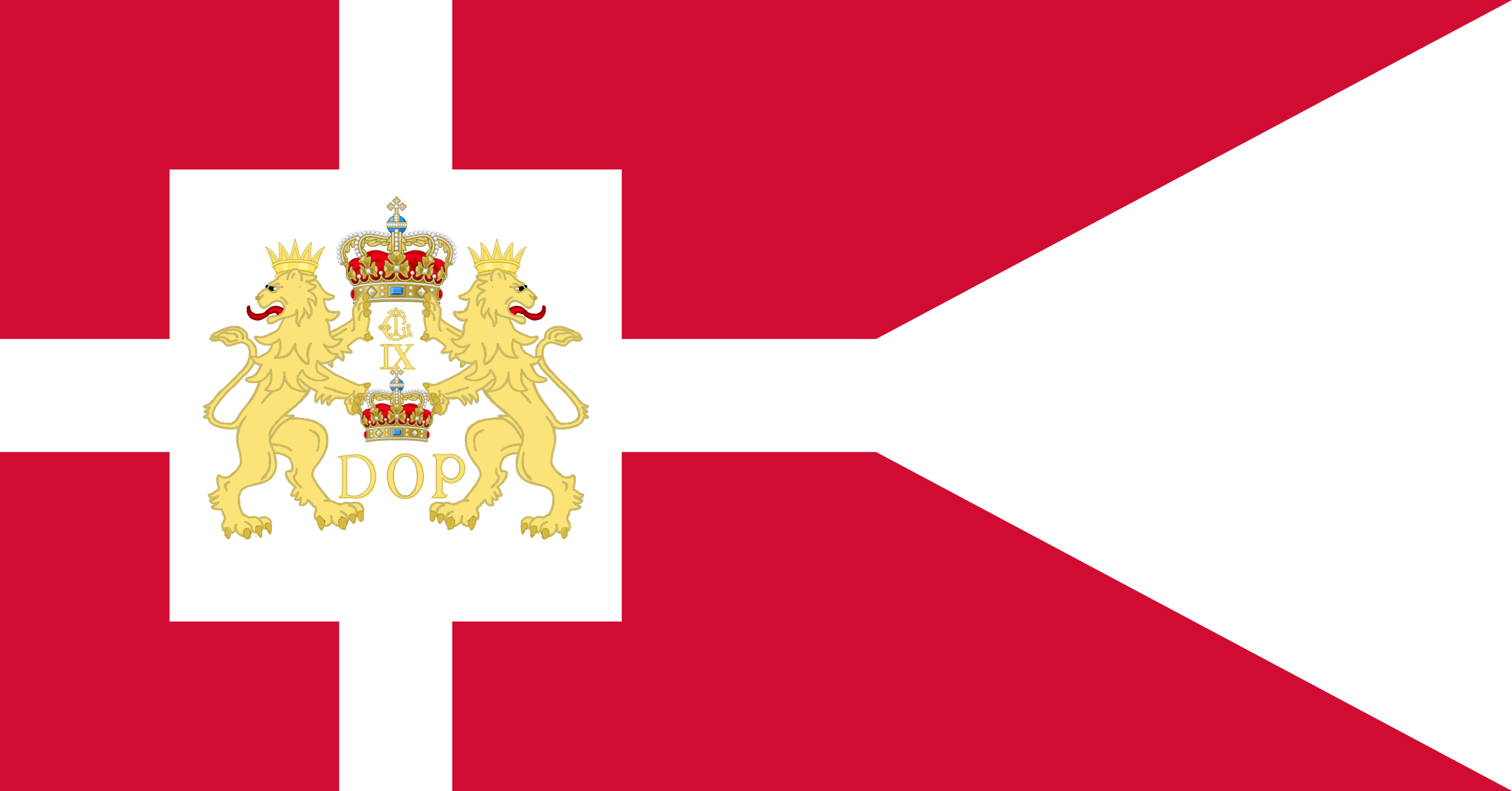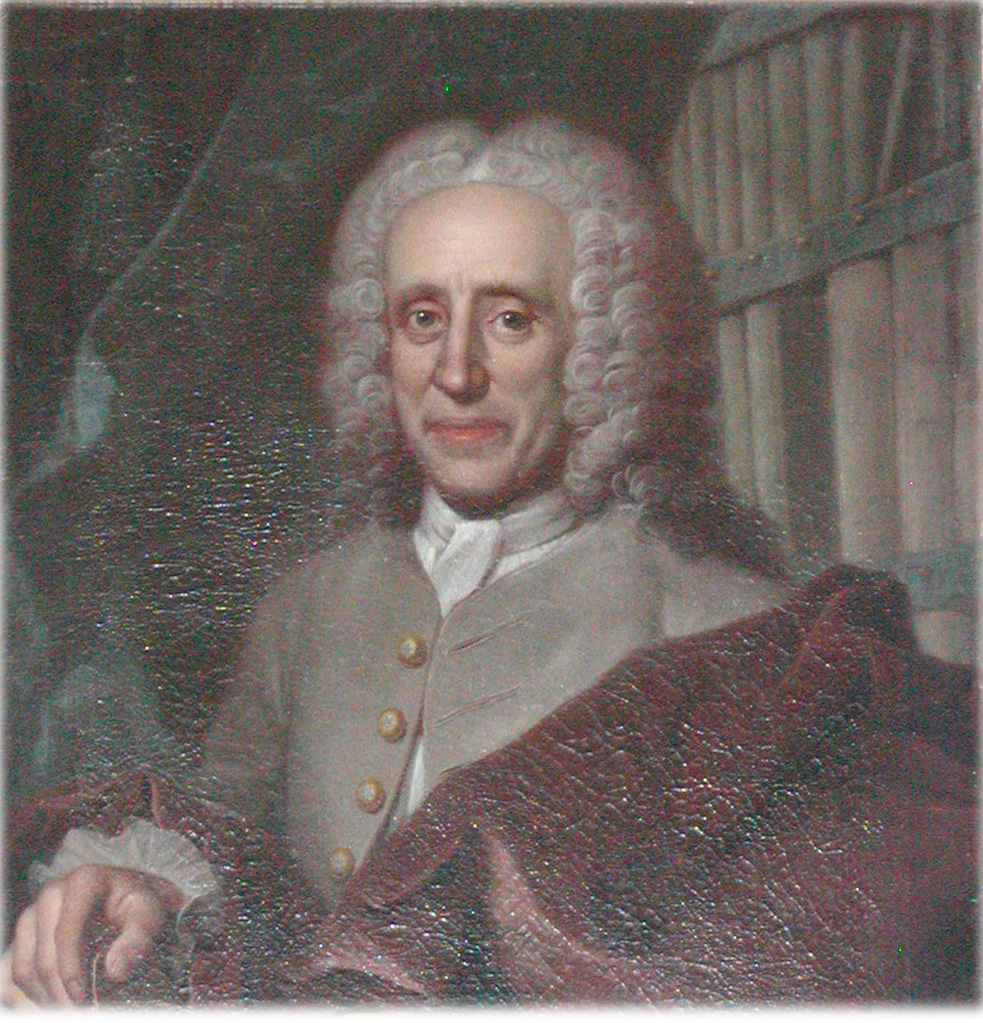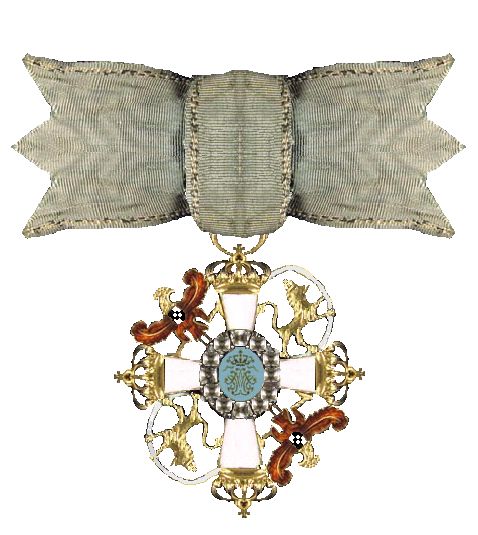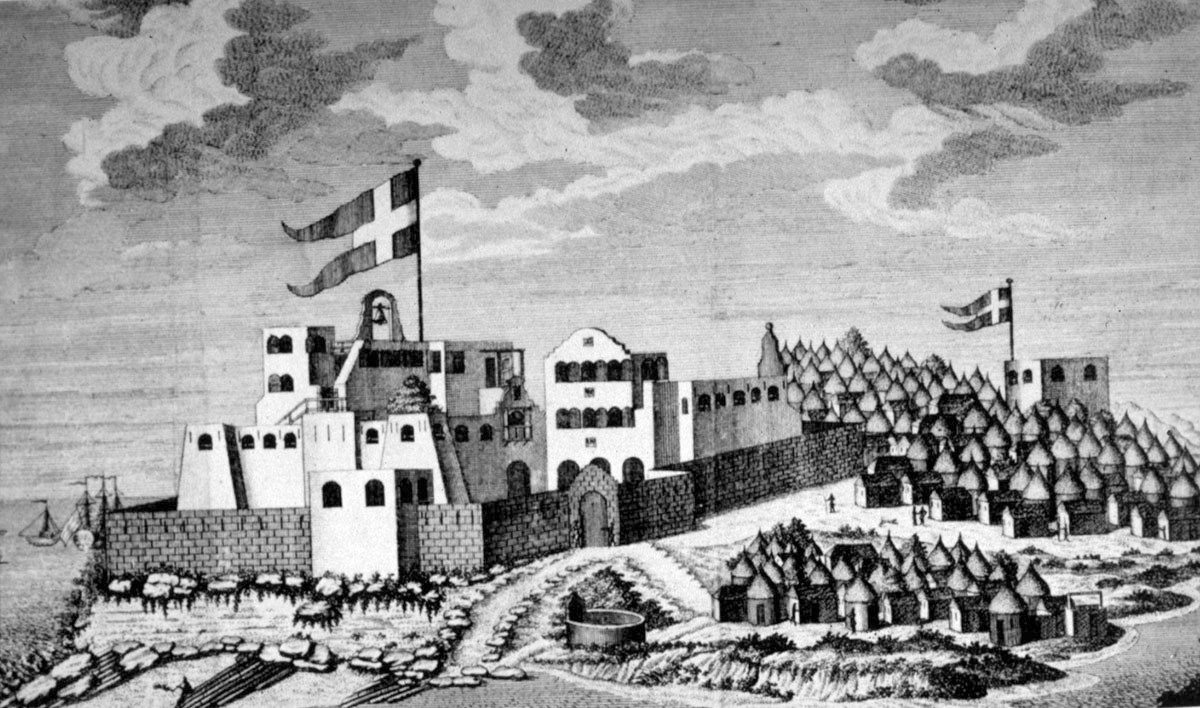|
Danish Asiatic Company
Danish Asiatic Company (Danish language, Danish: Asiatisk Kompagni) was a Denmark-Norway, Danish trading company established in 1730 to revive Danish-Norwegian trade on the Danish East Indies and China following the closure of the Danish East India Company. It was granted a 40-year monopoly on Danish trade on Asia in 1732 and taken over by the Danish government in 1772. It was headquartered at Asiatisk Plads in Copenhagen. Its former premises are now used by the Ministry of Foreign Affairs. History The Danish East India Company was dissolved in 1729. Some of Copenhagen's leading merchants responded to its dissolution by creating two trading societies, one for the Indian trade and another one for the new and promising China trade. On 20 April 1730, the two societies were merged to form the Danish Asiatic Company. The reformed interim company opened trade with Qing dynasty, Qing China at Guangdong, Canton. The first expedition went badly, with ''Den gyldne Løve'' lost with its ca ... [...More Info...] [...Related Items...] OR: [Wikipedia] [Google] [Baidu] |
Danish Colonial Merchant Ensign India
Danish may refer to: * Something of, from, or related to the country of Denmark People * A Danish person, also called a "Dane", can be a national or citizen of Denmark (see Demographics of Denmark) * Culture of Denmark * Danish people or Danes, people with a Danish ancestral or ethnic identity * A member of the Danes (tribe), Danes, a Germanic tribe * Danish (name), a male given name and surname Language * Danish language, a North Germanic language used mostly in Denmark and Northern Germany * Danish tongue or Old Norse, the parent language of all North Germanic languages Food * Danish cuisine * Danish pastry, often simply called a "Danish" See also * Dane (other) * * Gdańsk * List of Danes * Languages of Denmark {{disambiguation Language and nationality disambiguation pages ... [...More Info...] [...Related Items...] OR: [Wikipedia] [Google] [Baidu] |
Battle Of Copenhagen (1807)
The Second Battle of Copenhagen (or the Bombardment of Copenhagen) (16 August – 7 September 1807) was a British bombardment of the Danish capital, Copenhagen, in order to capture or destroy the Dano-Norwegian fleet during the Napoleonic Wars. The incident led to the outbreak of the Anglo-Russian War of 1807, which ended with the Treaty of Örebro in 1812. The attack on Denmark, a neutral country, was heavily criticized internationally. Britain's first response to Napoleon's Continental System was to launch a major naval attack on Denmark. Although neutral, Denmark was under French pressure to pledge its fleet to Napoleon. In September 1807, the Royal Navy bombarded Copenhagen, seizing the Danish fleet and assured use of the sea lanes in the North Sea and Baltic Sea for the British merchant fleet. A consequence of the attack was that Denmark did join the Continental System and the war on the side of France, but without a fleet it had little to offer. The attack gave rise t ... [...More Info...] [...Related Items...] OR: [Wikipedia] [Google] [Baidu] |
Michael Fabritius
Michael Fabritius (2 May 1697 – 13 November 1746) was a Danish merchant, shipowner and shipbuilder. Early life and education Michael Fabritius was born in Copenhagen on 12 May 1697. His parents, wine merchant Herman Fabritius (1667-1729) and Elisabeth Marie Abbestée (1677-1752), were immigrants from Germany and belonged to the city's German Reformed congregation. Michael Fabritius was the elder brother of Just Fabritius. Career Fabritius was granted citizenship as a merchant in 1732. He was one of the first Danish merchants to send ships to China and was a co-founder of Det Kinesiske Societet. He was also active in Danish Asiatic Company. In 1735, he purchased the Grønnegård Harbour at the southern tip of Christianshavn. In 1738, he was one of the driving forces behind the foundation Kurantbanken and for a while served as its managing director. Together with Johann Fr. Wewer he was the founder of the Fabritius & Wewer trading house. Like the other major merchants of ... [...More Info...] [...Related Items...] OR: [Wikipedia] [Google] [Baidu] |
Hans Gram (historian)
Hans Gram (28 October 1685 – 19 February 1748) was a Danish academic, philologist and historian. Biography Gram was born at Bjergby in Hjørring on North Jutlandic Island, Denmark. His father was a parish priest. In 1703, he graduated from the University of Copenhagen. In 1708 he acquired a Master's Degree. In 1714 he became a professor of Greek at the University of Copenhagen. In 1730 he was named royal historian and royal librarian as well as manager of the Royal Library and the secretary of the Royal Archives. From 1740, he returned to the University of Copenhagen where he served as rector from 1744-1745. He is best known for his critical editions of old Danish history, being credited with the discovery of many new sources and the correction of countless errors pertaining to Danish history. He was a catalyst towards the 1742 founding of the ''Videnskaberne Selskab'' (Royal Danish Academy of Sciences and Letters The Royal Danish Academy of Sciences and Letters ({{ ... [...More Info...] [...Related Items...] OR: [Wikipedia] [Google] [Baidu] |
Gregorius Klauman
Gregorius Klauman (30 November 1678 12 September 1752) was a Danish businessman and judge. He served as one of the first directors of the Danish Asiatic Company, a board member of Kurantbanken and a president of Grosserer-Societetet. Early life and education Klauman was born Gørris Gørrisen on 30 November 1678 in Copenhagen, the son of merchant Gørris Tillufsen and Maren Frederiksdatter Seenders. His father owned a house in Magstræde. After his father's death, his mother married Peter Klauman, manager of the King's Brewhouse, whose last name the stepson adopted. Gregorius Klauman was later articled to his stepfather. Career After his stepfather's death in 1810, on 16 January 1711, Klauman took on the management of the King's Brewhouse. He was also the owner of one of the city's largest trading houses. He was also involved in the establishment of Det Kinesiske Societet, and appointed as one of its first eight board members. In 1732, when it was merged with its sister comp ... [...More Info...] [...Related Items...] OR: [Wikipedia] [Google] [Baidu] |
Adam Gottlob Moltke
Count Adam Gottlob von Moltke (10 November 171025 September 1792) was a German-born Danish courtier, politician and diplomat who was a favourite of Frederick V of Denmark, Frederick V of Denmark-Norway. Moltke was born at Walkendorf, Riesenhof in Mecklenburg. His son, Joachim Godske Moltke, and his grandson, Adam Wilhelm Moltke, later served as Prime Minister of Denmark. Early life Adam Gottlob Greve von Moltke was born 10/11 November 1710 to Joachim von Moltke and Magdalene Sophia von Cothmann. Though of German origin, many of the Moltkes were at this time in the Danish-Norwegian service, which was considered a more important and promising opening for the young north German noblemen than the service of any of the native principalities. Career In 1722, through one of his uncles, young Moltke became a page at the Danish court, in which capacity he formed a lifelong friendship with the crown prince Frederick, later King Frederick V of Denmark, Frederick V. Reign of Frederick V ... [...More Info...] [...Related Items...] OR: [Wikipedia] [Google] [Baidu] |
Johan Sigismund Schulin
{{disambiguation ...
Johan may refer to: * Johan (given name) * ''Johan'' (1921 film), a Swedish film directed by Mauritz Stiller * Johan (2005 film), a Dutch romantic comedy film * Johan (band), a Dutch pop-group ** ''Johan'' (album), a 1996 album by the group * Johan Peninsula, Ellesmere Island, Nunavut, Canada * Jo-Han, a manufacturer of plastic scale model kits See also * John (name) John ( ) is a common male name in the English language ultimately of Biblical Hebrew, Hebrew origin. The English form is from Middle English ''Ioon'', ''Ihon'', ''Iohn, Jan'' (mid-12c.), itself from Old French ''Jan'', ''Jean'', ''Jehan'' (Moder ... [...More Info...] [...Related Items...] OR: [Wikipedia] [Google] [Baidu] |
Christian Ludvig Scheel Plessen
A Christian () is a person who follows or adheres to Christianity, a Monotheism, monotheistic Abrahamic religion based on the life and teachings of Jesus in Christianity, Jesus Christ. Christians form the largest religious community in the world. The words ''Christ (title), Christ'' and ''Christian'' derive from the Koine Greek title (), a translation of the Biblical Hebrew term ''mashiach'' () (usually rendered as ''messiah'' in English). While there are diverse interpretations of Christianity which sometimes conflict, they are united in believing that Jesus has a unique significance. The term ''Christian'' used as an adjective is descriptive of anything associated with Christianity or Christian churches, or in a proverbial sense "all that is noble, and good, and Christ-like." According to a 2011 Pew Research Center survey, there were 2.3 billion Christians around the world, up from about 600 million in 1910. Today, about 37% of all Christians live in the Americas, about 26% ... [...More Info...] [...Related Items...] OR: [Wikipedia] [Google] [Baidu] |
Danish Gold Coast
The Danish Gold Coast ( or ''Dansk Guinea'') comprised the colonies that Denmark–Norway controlled in Africa as a part of the Gold Coast (region), Gold Coast (roughly present-day southeast Ghana), which is on the Gulf of Guinea. It was colonized by the Dano-Norwegian fleet, first under indirect rule by the Danish West India Company (a chartered company), later as a crown colony of the kingdom of Denmark-Norway. The area under Danish influence was over 10,000 square kilometres. The five Danish Gold Coast Territorial Settlements and forts of the Kingdom of Denmark were sold to the United Kingdom of Great Britain and Ireland, United Kingdom in 1850. Denmark had wanted to sell these colonies for some time as the expenses required to run the colonies had increased following the abolition of slavery. Although Britain was also struggling with rising costs, it sought to purchase them to reduce French colonial empire, French and Belgian colonial empire, Belgian influence in the region, ... [...More Info...] [...Related Items...] OR: [Wikipedia] [Google] [Baidu] |
United Kingdom Of Great Britain And Ireland
The United Kingdom of Great Britain and Ireland was the union of the Kingdom of Great Britain and the Kingdom of Ireland into one sovereign state, established by the Acts of Union 1800, Acts of Union in 1801. It continued in this form until 1927, when it evolved into the United Kingdom, United Kingdom of Great Britain and Northern Ireland, after the Irish Free State gained a degree of independence in 1922. It was commonly known as Great Britain, Britain or England. Economic history of the United Kingdom, Rapid industrialisation that began in the decades prior to the state's formation continued up until the mid-19th century. The Great Famine (Ireland), Great Irish Famine, exacerbated by government inaction in the mid-19th century, led to Societal collapse, demographic collapse in much of Ireland and increased calls for Land Acts (Ireland), Irish land reform. The 19th century was an era of Industrial Revolution, and growth of trade and finance, in which Britain largely dominate ... [...More Info...] [...Related Items...] OR: [Wikipedia] [Google] [Baidu] |
Holstein-Gottorp
Holstein-Gottorp () is the historiographical name, as well as contemporary shorthand name, for the parts of the duchies of Schleswig and Holstein, also known as Ducal Holstein, that were ruled by the dukes of Schleswig-Holstein-Gottorp, a side branch of the elder Danish line of the German House of Oldenburg. Other parts of the duchies were ruled by the kings of Denmark. The territories of Gottorp are located in present-day Denmark and Germany. The main seat of the dukes was Gottorf Castle in the city of Schleswig in the duchy of Schleswig. It is also the name of the ducal house, which ascended to several thrones. For this reason, genealogists and historians sometimes use the name of Holstein-Gottorp for related dynasties of other countries. The formal title adopted by these rulers was "Duke of Schleswig, Holstein, Dithmarschen and Stormarn", but that title was also used by his kinsmen, the kings of Denmark and their cadet branches, as it was the common property of all thes ... [...More Info...] [...Related Items...] OR: [Wikipedia] [Google] [Baidu] |






